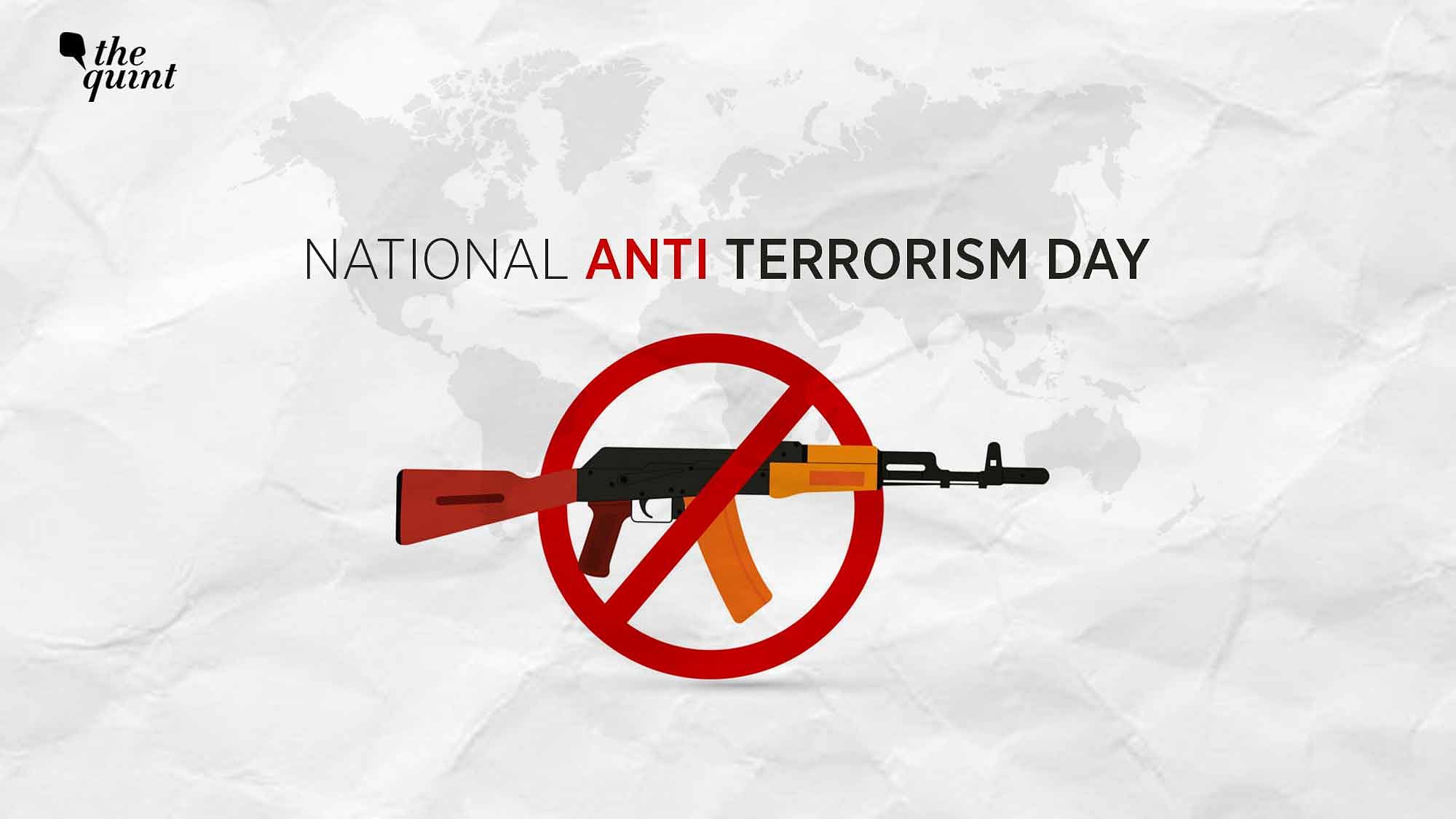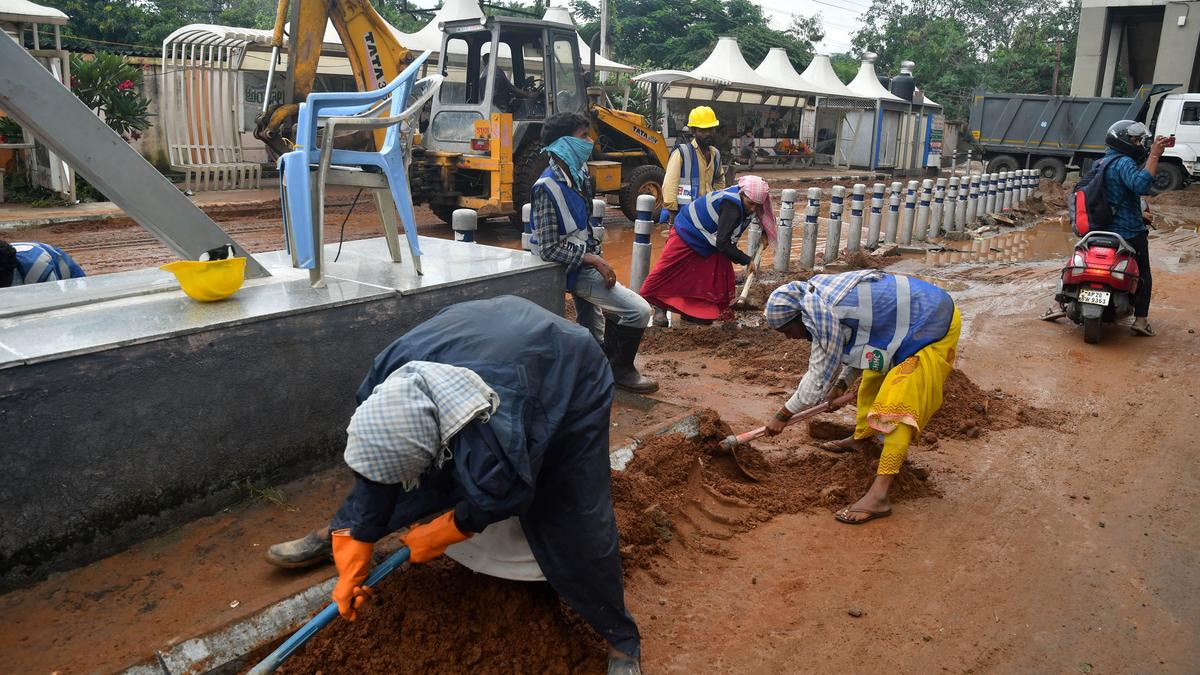The Election Commission rebutted a letter written by Congress president Mallikarjun Kharge to his colleagues in the Indian National Developmental Inclusive Alliance (INDIA) on the alleged “discrepancies in voting data” released by the election panel. The EC called Mr. Kharge’s letter an “attempt to push a biased narrative under the guise of seeking clarifications”.
The rebuttal was released just an hour before the scheduled meeting of INDIA bloc leaders with the EC, where apart from the voter turnout data, the leaders also questioned the EC’s inaction on complaints against Prime Minister Narendra Modi and Home Minister Amit Shah. They also flagged the Uttar Pradesh Police’s practice of issuing “red cards” to individuals, asking them to stay away from polling stations on voting day. At the meeting, according to sources, the leaders expressed dismay at EC’s public rebuttal, just minutes before the meeting.
Mr. Kharge’s letter to chiefs of other INDIA parties that he also posted on social media, cast doubts on EC’s functioning and wondered whether the “unusual spike” in the final voter turnout figures in comparison to the one released at the end of the day, was an attempt to “doctor” the final results.
“Though in the genre of internal correspondence within a political party grouping, yet you have chosen to make the same public,” the commission noted. Placing such a letter in public domain in the middle of the ongoing electoral process was “highly undesirable” and designed to “create confusion, misdirection and impediment to the conduct of smooth, free and fair elections”, the panel said.
It rejected charges of mismanagement and delay in the release of voter turnout data. It especially condemned the part of Mr. Kharge’s statement where he wondered if the delay in releasing turnout data was an “attempt to doctor the final results” and said this can create an anarchic situation, besides doubts and disharmony.
“Through innuendos and insinuations, the contents of the post, tend to create disharmony in respect of the delicate space of election management, can plant doubts in the minds of voters and political parties and potentially created an anarchic situation, when you said ‘could this be an attempt to doctor the final results?’ which this Commission hopes you do not have any intention of,” the EC said.
The Commission said it finds a “pattern” in a series of past and present irresponsible statements from the Congress and calls it “disconcerting’’ and claimed that with all facts in place, the Congress president was attempting to push a biased narrative.
Addressing reporters at the end of the one-hour-long meeting, Congress leader Abhishek Manu Singhvi, speaking on behalf of the delegation, said that broadly two issues were raised. “We spoke about the great trust deficit, feeling of alarm and distress that 11 complaints by the Congress alone and 15-20 complaints in total by all parties put together against the Honourable Prime Minister and Home Minister have not been addressed,” Mr. Singhvi said. Calling it an “oddity”, Mr. Singhvi said that it was perhaps for the first time in the history that the notices were sent to party presidents instead of the “offenders”. “If they [EC] don’t act promptly, it is a complete abdication of their constitutional duty,” he said.
On the issue of delay in releasing details of voter turnout and not explaining the “unusual” spike, Mr. Singhvi, said, “The difference between the provisional figures and the final one, for the three phases of polling, was over 5%. This, in comparison to the corresponding figures from 2019 when the difference ranged from 1% to 2.5%, is directly double,” he said.
The EC did not, as per at least three leaders who attended the meeting, give any assurance on the issues raised by the Opposition, though it agreed on one matter raised by Samajwadi Party MP Javed Ali Khan. “The Uttar Pradesh Police have been handing out ‘red cards’ to some people, asking them to not come within 200 metres of a polling station on the voting day, and branding them as trouble-makers. The EC agreed that such ‘red cards’ are illegal and that under no existing provisions of law can such diktats be issued. Calling it gross violation of the voter’s right, the EC has assured us that they will direct the U.P. Police to stop the practice,” Mr. Khan said.

 1 week ago
92
1 week ago
92



